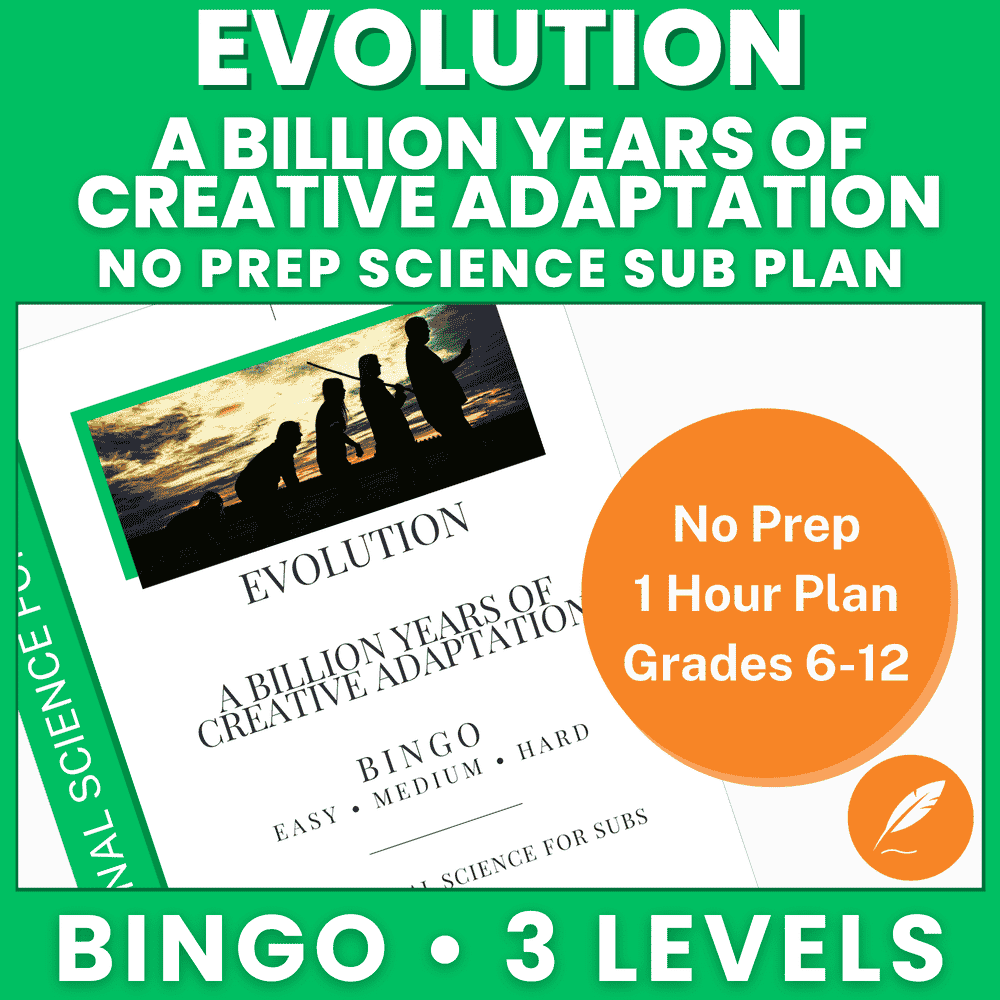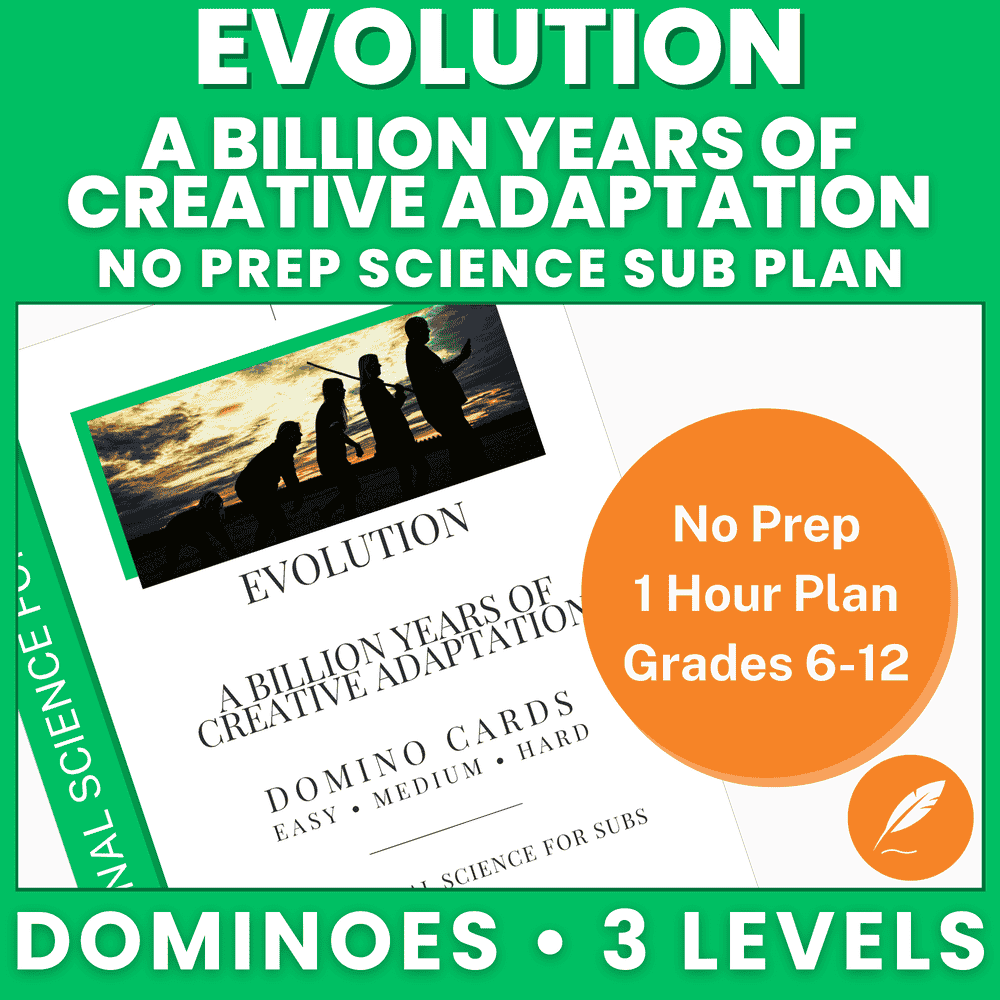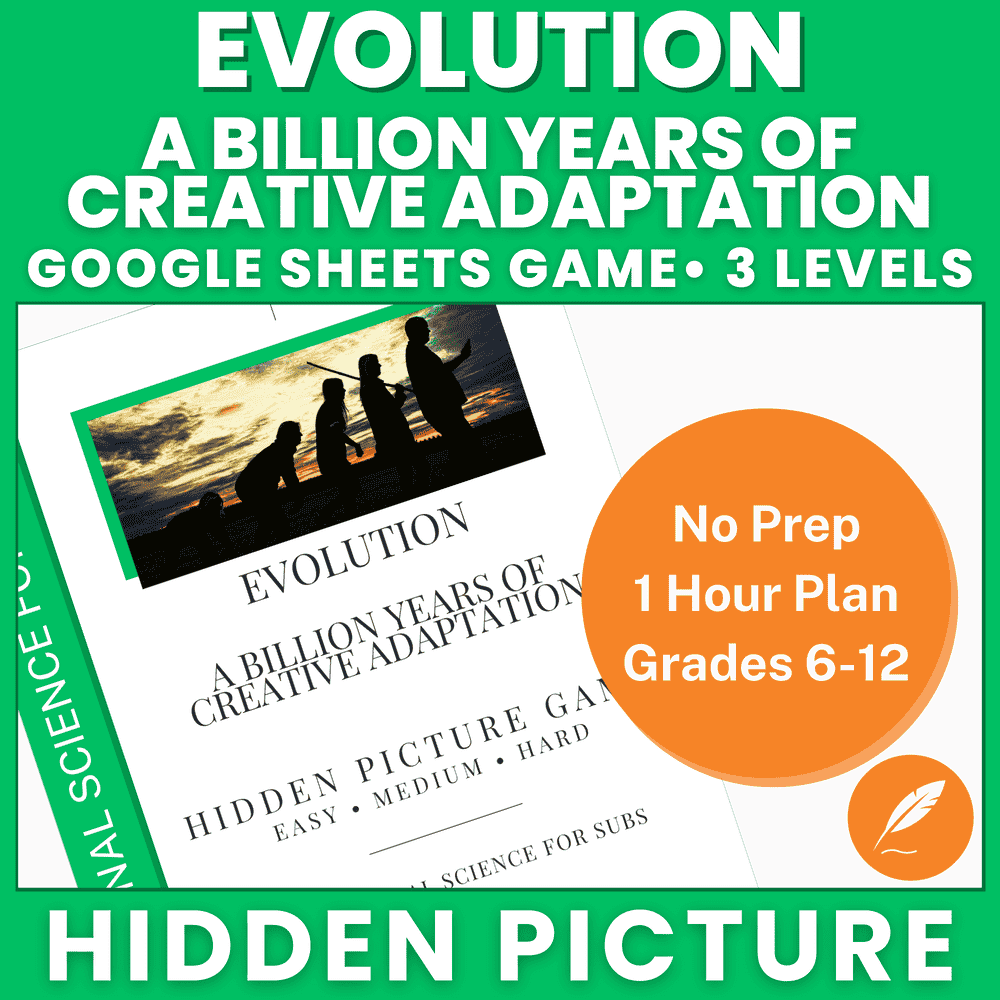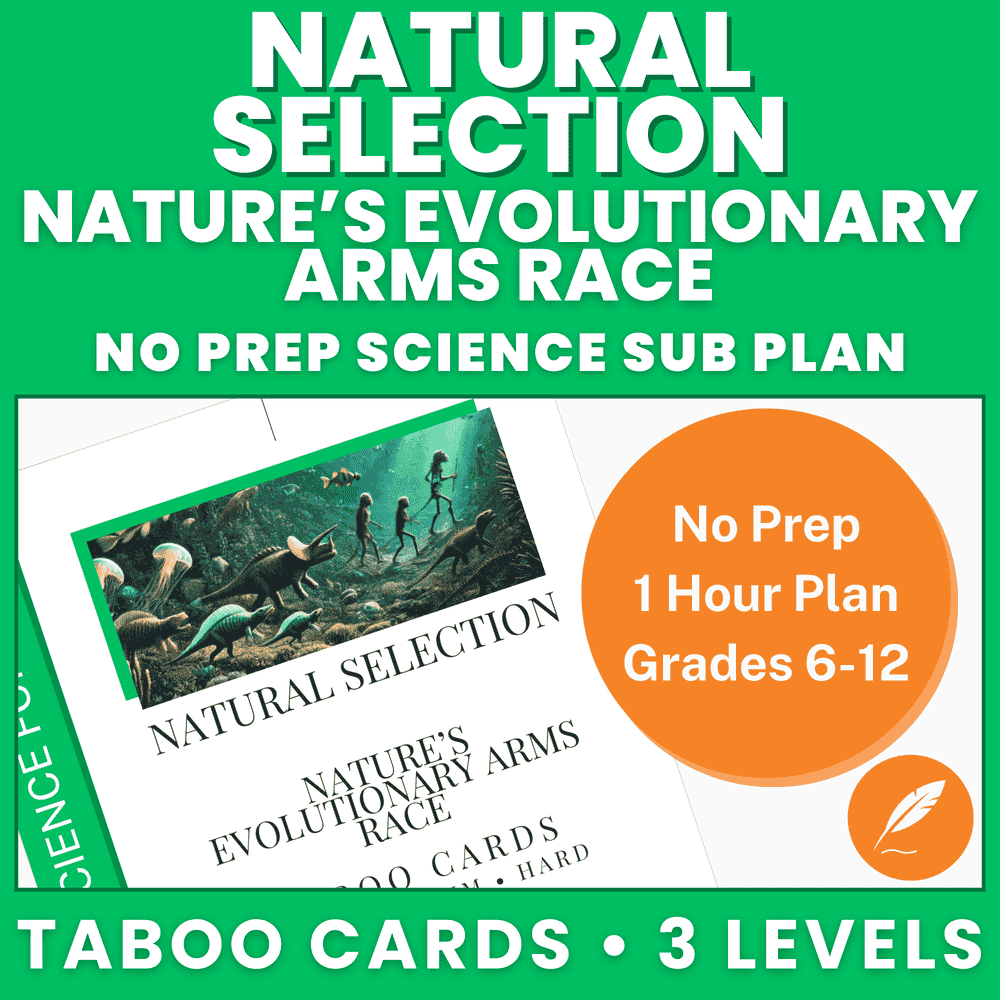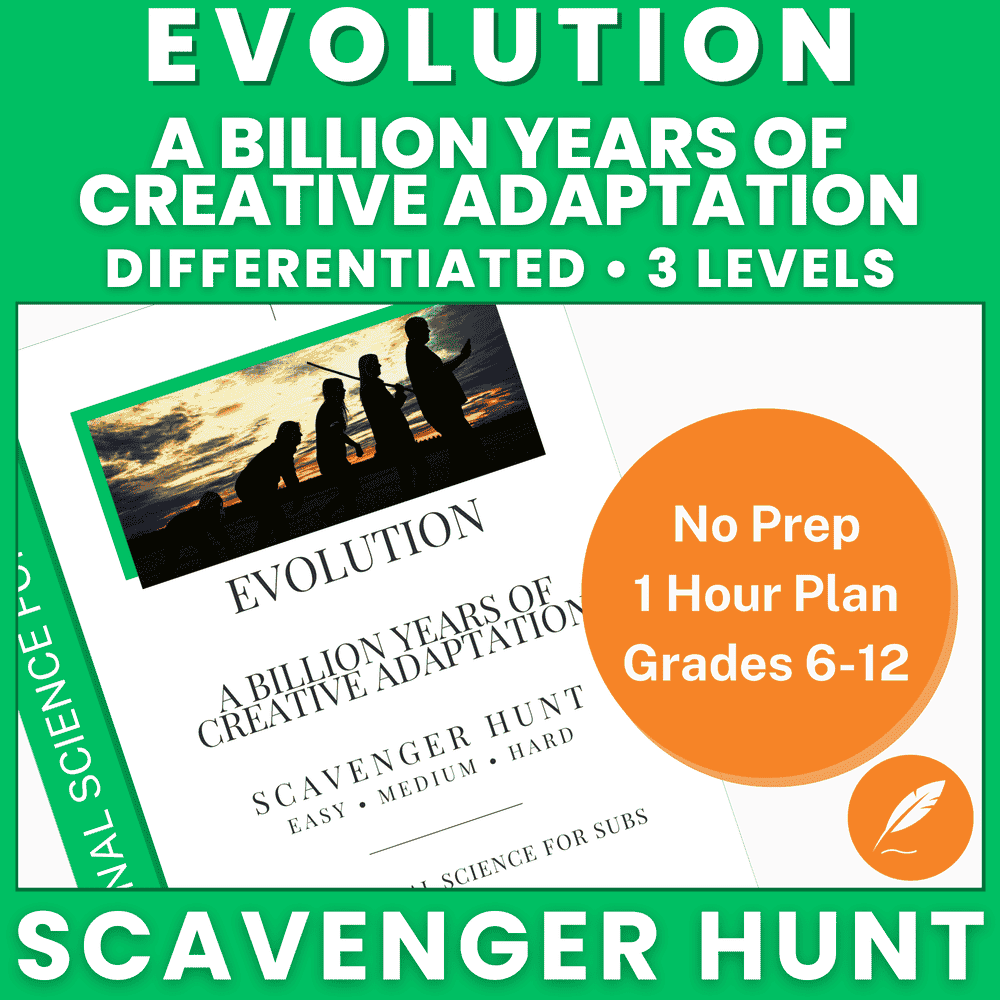How Games Make Science Click
Let’s face it – science can be tough to grasp, especially when you're dealing with complex topics like genetics or the human body systems. But what if learning could feel more like playing? Game-based learning is transforming how science is taught, making those tricky concepts not just easier to understand but downright fun! Whether you're exploring ecosystems or diving into physics, games can turn abstract ideas into hands-on experiences that stick. Curious how this works? Stick around to see how game-based learning is shaping the future of science education in ways you wouldn’t expect!
More...
The Science of Fun: Why Game-Based Learning Works for Teaching Complex Science Topics
The Power of Play in Education
If you’ve ever seen a student light up during a game, you’ve witnessed the magic of play in action. Game-based learning isn’t just about fun – it’s about making tough science concepts more accessible and engaging. When students get to actively participate rather than passively absorb information, they become more invested in their learning.
Games Tap into Motivation
Games appeal to students' competitive spirit and their desire for achievement. Whether it’s solving a science puzzle or racing against the clock to answer a question, students are motivated to keep learning, even when the material is challenging. The more they play, the more they retain.
Enhancing Retention Through Repetition
In a game, students often repeat key concepts without realising it. This repeated exposure to ideas, like the laws of physics or the stages of the water cycle, helps cement them in their memory. Plus, with each round of play, they get the chance to apply what they’ve learned in new ways, reinforcing their understanding.
At Inspirational Science For Subs, we create these learning opportunities with the aim of sparking curiosity and making science both fun and effective.
Check out our Bingo Games on TPT - complete with 3 difficulty levels for each lesson plan! Whether you're looking for Physics, Chemistry or Biology Bingo Games, we've got you covered!
The Benefits of Game-Based Learning
Boosts Engagement and Motivation
One of the biggest advantages of game-based learning is how it grabs students’ attention. When you turn a lesson into a game, students are more likely to get involved and stay focused. They’re motivated to participate, whether it’s earning points, completing challenges, or simply beating the clock. This heightened engagement helps students stay invested in complex science topics like the laws of motion or the human circulatory system.
#Science doesn’t have to be hard! Explore how #GameBasedLearning keeps students engaged and improves comprehension. #ScienceTeachers #EdTech #LearningThroughGames @inspirationalscienceforsubs
Makes Learning Active and Fun
Traditional lectures can sometimes feel like a one-way street, but games bring learning to life. Students are no longer just absorbing information; they’re actively participating. Whether it’s answering trivia questions, solving science riddles, or working as a team to complete a task, game-based learning lets students move, think, and interact, making the learning process more enjoyable.
Encourages Friendly Competition
Who doesn’t love a bit of friendly competition? Games naturally incorporate a competitive element, which drives students to give their best. This competition can also spark curiosity, encouraging students to learn more to stay ahead of the game. At Inspirational Science For Subs, game-based resources are designed to keep that spirit alive while reinforcing key science concepts.
Check out our Domino Games on TPT - complete with 3 difficulty levels for each lesson plan! Whether you're looking for Physics, Chemistry or Biology Domino Games, we've got you covered!
How Games Enhance Student Engagement
Interactive Learning Keeps Students Hooked
It’s no secret – students love interaction! Game-based learning creates an environment where students can engage directly with the material, rather than just sitting back and listening. Whether it’s solving problems as a team or competing individually, the interactive nature of games makes students feel more involved in their learning. This active participation naturally boosts their engagement levels and helps keep them focused on the science topics at hand.
The Element of Fun Sparks Curiosity
When learning feels like a game, students are more likely to explore concepts they might otherwise find dull. Fun, interactive activities, like quiz challenges or science puzzles, spark curiosity and make complex topics, like chemistry or physics, feel approachable. The element of fun encourages students to push past initial confusion and keep playing, all while learning valuable science concepts.
Check out our Google Sheets Hidden Picture Games on TPT - complete with 3 difficulty levels for each lesson plan! Whether you're looking for Physics, Chemistry or Biology Hidden Picture Games, we've got you covered!
Gamification Promotes Healthy Competition
In games, students often strive to outperform their peers, which encourages them to pay closer attention and grasp concepts quicker. This healthy competition creates an atmosphere of excitement and challenge, which keeps students on their toes. As they compete, they’ll also develop problem-solving skills, which are essential in science education.
At Inspirational Science For Subs, game-based learning is a way to keep your students engaged while also helping them master challenging science content.
The Science Behind Game-Based Learning
Learning Through Play: How It Works
Game-based learning taps into the brain’s natural learning processes. When students engage in games, their brains are in a state of heightened focus, which makes it easier to retain information. Games also trigger the release of dopamine – the brain’s reward chemical. This creates positive associations with learning, making complex science topics feel more enjoyable and less daunting.

Active Learning Increases Retention
Studies have shown that active learning – where students interact with the material, rather than just passively absorbing it – results in better retention. Games naturally encourage this type of learning. Whether they’re solving problems, answering questions, or working in teams, students are actively engaging with science concepts. This hands-on experience not only helps students understand the material but also makes it stick.
Immediate Feedback Drives Improvement
One of the key advantages of game-based learning is the instant feedback it provides. In a game, if a student makes a mistake, they can correct it right away and try again. This immediate feedback loop helps reinforce learning by highlighting mistakes and encouraging improvement, which is especially beneficial when learning complex science topics.
At Inspirational Science For Subs, game-based activities make learning not only more enjoyable but also more effective. So, why not give your students the chance to learn science while having fun?

Enjoyed the article?
Practical Tips for Implementing Game-Based Learning
Start Simple and Build Up
When introducing game-based learning, it’s best to start with simple games and gradually increase the complexity. Begin with short, engaging activities that reinforce the basic concepts before progressing to more challenging ones. This approach helps students build confidence and reinforces their learning without overwhelming them.
Use Games That Align with Learning Goals
Choose games that support your specific learning objectives. Whether it’s reinforcing key science concepts or encouraging critical thinking, make sure the game directly ties into the topics you’re teaching. For example, a science quiz game can help review facts, while a problem-solving game might be ideal for understanding complex science processes like photosynthesis or energy cycles.
Mix it Up with Different Game Types
Variety is the spice of life (and learning!). Try different types of games to keep things fresh. You can use Taboo Games, Bingo or Scavenger Hunts to break up the routine. By mixing up your approach, you’ll keep students engaged and eager to participate in each lesson.
Keep the Focus on Fun
Remember, the goal is to make learning fun and interactive. While it’s important to have structure and objectives, don’t forget to let students enjoy the game experience. The more fun they have, the more likely they are to retain the information.
At Inspirational Science For Subs, game-based activities are a great way to bring your science lessons to life. Try these tips to start incorporating games into your classroom today!
Check out our Taboo Style Games on TPT - complete with 3 difficulty levels for each lesson plan! Whether you're looking for Physics, Chemistry or Biology Taboo Style Games, we've got you covered!
Overcoming Challenges and Common Misconceptions
"Games Are Just for Fun, Not Learning"
One of the most common misconceptions about game-based learning is that it’s simply a fun distraction, rather than a powerful educational tool. But here's the thing – games are more than just fun; they can be highly effective at reinforcing complex science concepts. When properly designed, they provide a hands-on way to explore topics like biology, chemistry, or physics. They encourage active participation, which helps students retain information better than passive learning methods like lectures.
"It Takes Too Much Time to Set Up"
Another concern many teachers have is that game-based learning requires a lot of prep time. While it’s true that some games take a little planning, once you have your resources set up, the process becomes smoother. Platforms like Inspirational Science For Subs offer ready-made science games, so there’s no need to reinvent the wheel. With a bit of upfront effort, you can save time in the long run by having engaging activities ready to go for every lesson.
"Some Students Won’t Take It Seriously"
It’s understandable to worry that some students may not take game-based learning seriously. But when you set clear goals and explain how the game ties into the lesson, most students will engage enthusiastically. Plus, the friendly competition can motivate them to participate actively and push their understanding of the material.
Game-based learning isn’t without its challenges, but once these common misconceptions are cleared up, you’ll find it to be an invaluable tool for teaching science!
Check out our Scavenger Hunt Games on TPT - complete with 3 difficulty levels for each lesson plan! Whether you're looking for Physics, Chemistry or Biology Scavenger Hunt Games, we've got you covered!
The Future of Game-Based Learning
Interactive and Immersive Learning Experiences
Looking ahead, the future of game-based learning in science education is looking pretty exciting. With rapid advancements in technology, it's clear that games will become even more interactive and immersive. Think virtual reality (VR) or augmented reality (AR) integrated into science lessons. Students could be exploring the human body in 3D or investigating chemical reactions in a virtual lab. These kinds of experiences could make complex science topics more tangible and easier to understand.
Personalised Learning Paths
As game-based learning continues to evolve, personalised learning will take centre stage. Imagine games that adapt to each student’s level of understanding, offering tailored challenges based on their progress. This type of adaptive learning ensures that no student is left behind, and everyone can work at their own pace. By making the learning experience more individualised, you can ensure that every student benefits from the educational game.
Gamification for All Subjects
While science is already making great use of game-based learning, there’s no reason why other subjects can’t follow suit. The future holds the potential for gamified lessons across a wide range of topics. Whether it's history, literature, or maths, integrating fun, interactive games can bring these subjects to life, making learning engaging and enjoyable for everyone.
Game-based learning is only just getting started, and it’s safe to say the future is bright!
Summary: The Power of Games in Science Education
Game-based learning isn't just a fun distraction – it’s a powerful tool for teaching complex science topics. From biology to physics, games make tough concepts more relatable, engaging, and easier to grasp. By incorporating play into lessons, students develop critical thinking skills and a deeper understanding of science. Whether it’s boosting engagement, improving retention, or sparking creativity, games create a dynamic learning environment. So, if you’re looking to ignite a passion for science and give your students the chance to excel, it’s time to embrace the science of fun.

